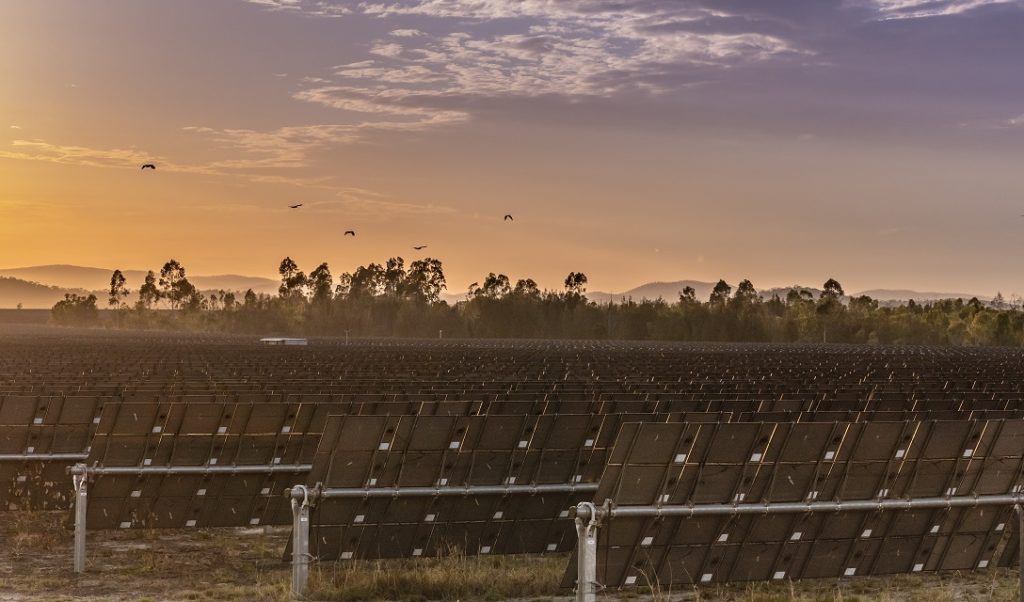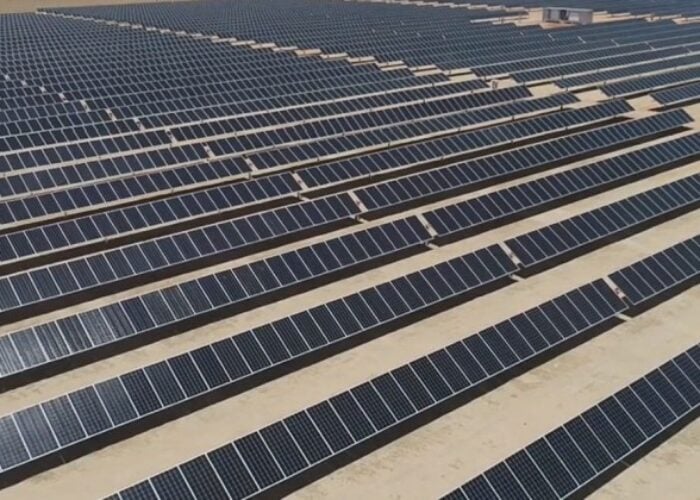
There are now 14 renewable energy projects in Australia that are being developed in partnership with First Nations indigenous communities, according to new figures from the First Nations Clean Energy Network (FNCEN).
Though none are yet operational, the FNCEN’s First Nations clean energy project tracker shows that mid-large scale solar, wind, green hydrogen, energy storage and microgrid projects are all under development with either partnerships or memoranda of understanding (MOU) in place with First Nations communities.
Try Premium for just $1
- Full premium access for the first month at only $1
- Converts to an annual rate after 30 days unless cancelled
- Cancel anytime during the trial period
Premium Benefits
- Expert industry analysis and interviews
- Digital access to PV Tech Power journal
- Exclusive event discounts
Or get the full Premium subscription right away
Or continue reading this article for free
“First Nations communities are increasingly interested in being equity owners in projects impacting their land,” said Karrina Nolan, co-chair of the FNCEN.
“Our First Nations project tracker shows the clean energy industry is starting to get the message that commercial outcomes from projects are improved with First Nations involvement.”
Notable examples of projects that are working with First Nations groups include the Aboriginal Clean Energy (ACE) Partnership which is developing a 900MW solar-powered green hydrogen export hub in Western Australia (WA). A spokesperson for the partnership – which consists of Aborigine representative groups and climate investment firm Pollination – said that it will employ “an integrated development process for heritage, native title, environmental and engineering approvals” that works with local communities.
ACEN Australia – the subsidiary of Philippines-based developer ACEN – is also planning a 3GW renewables hub in the Pilbara region of WA in partnership with the Yindjibarndi Energy Corporation (YEC). The YEC told PV Tech Premium earlier this year that the plan was “unique in that it is Indigenous led…the Yindjibarndi people will receive long term revenue from the energy YEC will make and sell, with an agreed 25%-50% equity participation by the Yindjibarndi nation in all projects.”
According to the National Indigenous Australians Agency, indigenous peoples’ rights and interests over land are formally recognised on around 50% of Australia’s land mass.
“Most First Nations people are still living with expensive power bills, irregular power supply and all too regular disconnections,” said Chris Croker, co-chair of the FNCEN in a press release about the project tracker.
He continued: “First Nations people aim to proactively exercise First Nations rights, protect community interests, ensure control and a board room role in decision-making, and to share in resource development planning and the economic benefits derived from a project through mechanisms including preferential contract bidding, co-ownership, equity stakes, and revenue sharing.”
The majority of the projects highlighted by the FNCEN are solar or co-located solar with storage or wind. New South Wales and Victoria are the only states in the country which are yet to feature on the project tracker.
More broadly, Australia has been suffering from a drought in financial commitments for new renewables generation projects. Reports from the Clean Energy Council point to a steep decline in private financing throughout 2023 and late 2022. The rise in First Nations-partnered projects is a ray of positivity in an otherwise murky time for the Australian solar and renewables markets.
In an effort to put the country back on track for its renewable energy commitments, the Australian government recently announced an expansion to its Capacity Investment Scheme (CIS) which will underwrite 32GW of clean energy generation and storage in a contracts for difference scheme.






